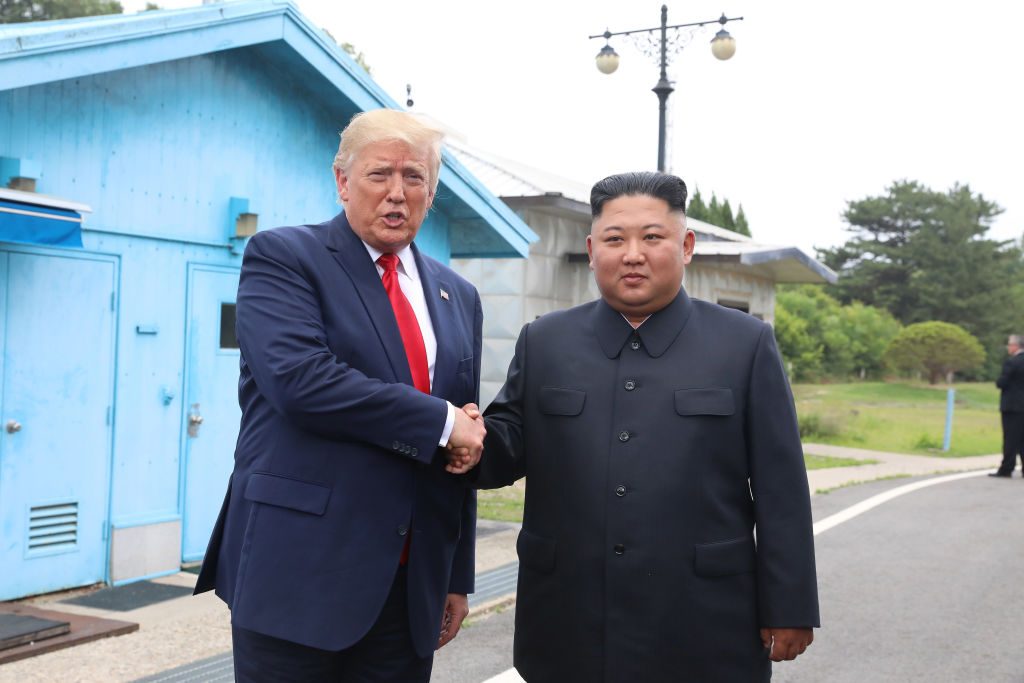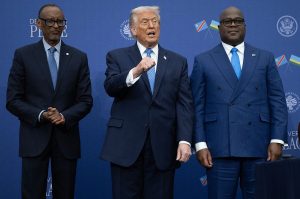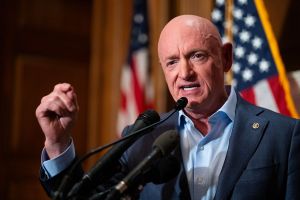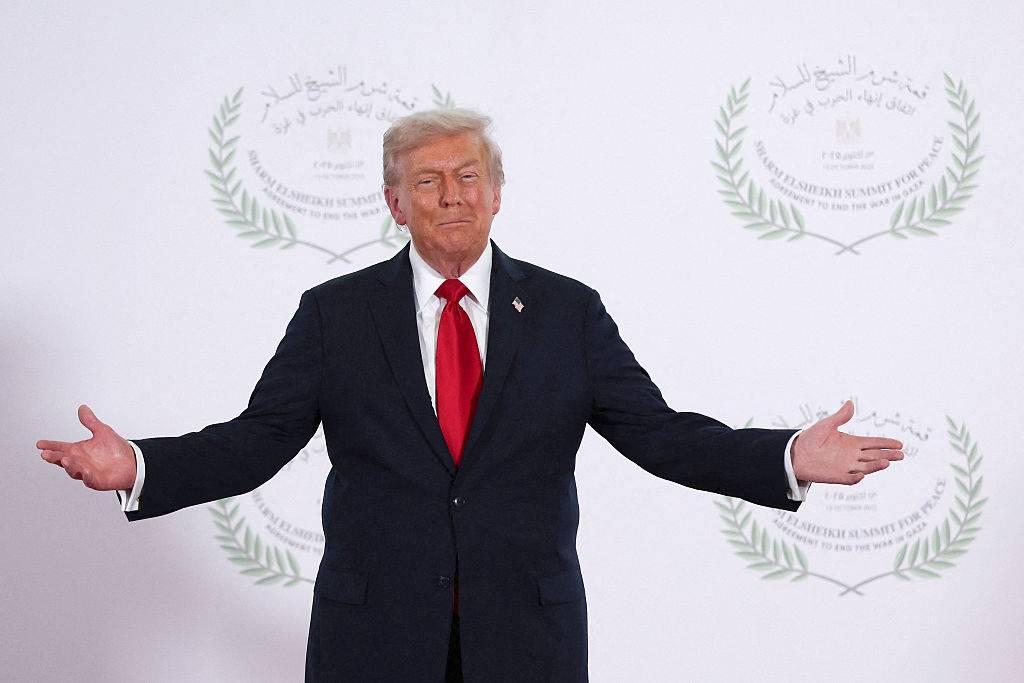As President Trump sets off on his East Asian tour, all eyes will be on the bilateral summits that the US president will hold. After all, Trump has made no secret of his preference for tête-à-têtes over multilateralism. With a meeting with Xi Jinping scheduled in South Korea, on the sidelines of the Asia-Pacific Economic Cooperation (APEC) summit, the question of whether Trump will meet Little Rocket Man is unsurprisingly pervading, not least given how few details have been revealed as to Trump’s agenda.
Although such a meeting, whether at the Demilitarized Zone or otherwise, seems unlikely at a time when US-North Korea relations are poor, nothing can be ruled out. Nevertheless, whilst the first Trump administration taught the world to expect the unexpected, Trump 2.0 is hardly the same beast.
Back in 2017, Trump and Kim Jong-un were engaged in an escalatory war of words, threatening “fire and fury” if “Little Rocket Man” continued his “suicide mission” of developing and testing nuclear and missile technology. In response, North Korea insulted Trump as a “dotard”, referring to Trump’s “impaired intellect or understanding in old age.”
The next two years, however, would see Trump and Kim pose for photographers in Singapore, Hanoi and at the Demilitarized Zone. The latter, held on June 30, 2019, even caught North Korea off guard. A day before he planned to visit Seoul to discuss how to revive denuclearization talks, following the failed Hanoi Summit in February, Trump tweeted that he wanted an impromptu meeting with Kim at the inter-Korean border “to say hello”. The North Koreans deemed the proposal to be “interesting,” but much like the rest of the world, were confused. An hour-long meeting happened, and Trump became the first incumbent US president to enter North Korean territory.
By the end of 2019, however, Washington’s relations with Pyongyang had made little concrete progress despite three presidential summits in two years. North Korea only continued to accelerate its treasured nuclear development, and Pyongyang’s willingness to negotiate with Washington plummeted during the four years of neglect by Biden, for whom Pyongyang was hardly a priority. When Trump entered the Oval Office for the second time in January 2025, North Korea had bonded with what Kim Jong-un called its invincible ally, namely, Russia.
Could we see a repetition of the 2019 DMZ summit this week? The answer is perhaps. The second Trump administration faces global challenges that are hardly the same as those into which Trump was thrown in 2017. The North Korea problem is now not limited to a rogue state seeking to bolster its own nuclear capabilities but doing so in close security cooperation with Russia during a global war, all the while China knowingly turns a blind eye. What is more, whilst the first Trump administration saw core teams of senior officials responsible for preparing and negotiating with Pyongyang, in Trump 2.0, any talks with Kim look to be much more the product of Trump’s own desires.
Pyongyang’s supply of artillery, missiles and manpower to Moscow to assist Putin’s war, in exchange for financial and technological assistance, could see Kim Jong-un rebuff any overtures by Trump. Nevertheless, Kim craves status and legitimacy, whilst having no intention of denuclearizing. In September, he stressed how North Korea would “never ever” abandon its nuclear weapons, and only earlier this week, Pyongyang tested several hypersonic missiles of what it deemed to be a new system able to engulf South Korean defenses. A spontaneous Kim-Trump summit wherein the North Korean leader refuses to offer any nuclear concessions and is not expected to do so by the United States would be a victory for Kim.
Whilst Trump’s East Asian sojourn will conclude with the APEC Summit in Gyeongju, South Korea, the multilateral forum risks being overshadowed by his bilateral meeting with Xi, the day before. At the same time, other East Asian leaders cannot rest on their laurels as they prepare to meet the US president. For the newly elected Japanese Prime Minister, Sanae Takaichi – a staunch conservative – and her South Korean counterpart, the left-wing Lee Jae-myung, the next week will prove a key test of their abilities to work with their ironclad ally. They will need to manage Trump’s penchant for personalistic politics deftly and adapt to his unconventional style. At the same time, they must ensure that the interests of Washington’s Northeast Asian allies are not sidelined amidst difficult discussions on tariffs. Strengthening deterrence is more important than ever.
At a time when East Asia faces an ever-increasing range of isolated and connected security threats, not least from North Korea, China and Russia, the West has a difficult challenge ahead. Nevertheless, even in the unlikely event that Trump and Kim do meet, we must be realistic in our expectations. North Korea will do anything but denuclearize.
Will Trump meet ‘Little Rocket Man?’
Trump has set off on a tour of Asia to meet regional leaders

Kim Jong Un and Donald Trump inside the demilitarized zone separating the South and North Korea on June 30, 2019 (Getty)
As President Trump sets off on his East Asian tour, all eyes will be on the bilateral summits that the US president will hold. After all, Trump has made no secret of his preference for tête-à-têtes over multilateralism. With a meeting with Xi Jinping scheduled in South Korea, on the sidelines of the Asia-Pacific Economic Cooperation (APEC) summit, the question of whether Trump will meet Little Rocket Man is unsurprisingly pervading, not least given how few details have been revealed as to Trump’s agenda. Although such a meeting, whether at the Demilitarized Zone or otherwise,…

























Leave a Reply